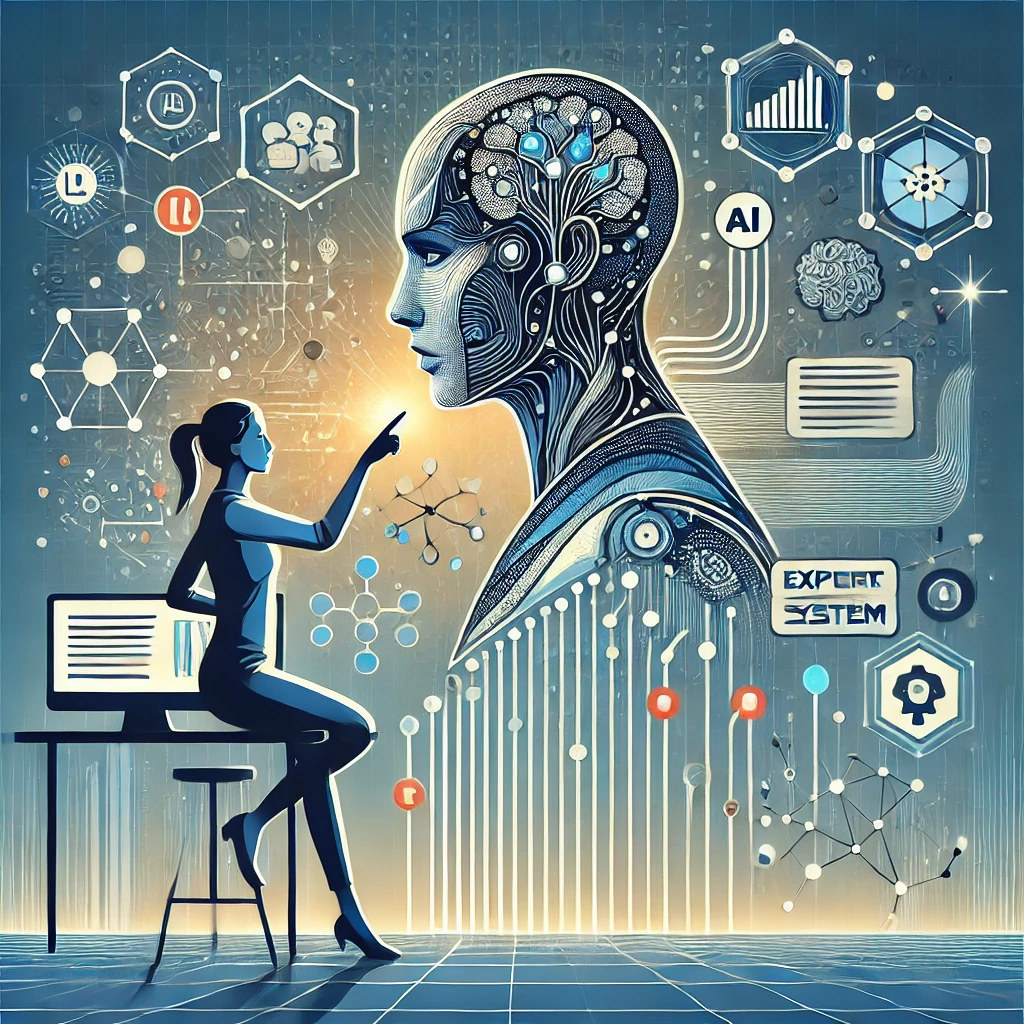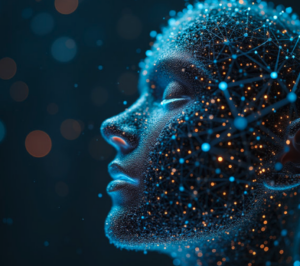
Artificial intelligence (AI) is revolutionizing how businesses and individuals make decisions, and one of the most impactful tools within AI is the expert system. But what exactly are expert systems in AI? This complete guide will take you through the essentials of expert systems, from their history and components to their applications in various industries.
What Are Expert Systems in AI?
Expert systems are a subset of artificial intelligence that mimic the decision-making abilities of a human expert. These systems use a combination of knowledge and inference rules to solve complex problems, often in fields where expertise is crucial. Unlike traditional programs that follow a fixed set of instructions, expert systems can process information and make decisions based on a vast database of knowledge.
A Brief History of Expert Systems
The concept of expert systems dates back to the 1960s and 1970s, when AI researchers began to explore ways to replicate human problem-solving skills. One of the first successful expert systems was DENDRAL, developed at Stanford University to assist chemists in identifying unknown organic molecules. This success led to the development of other expert systems, such as MYCIN, which helped diagnose bacterial infections.
Components of Expert Systems
Expert systems typically consist of three main components:
-
Knowledge Base
: This is the heart of the expert system, containing domain-specific knowledge such as facts, rules, and heuristics. The knowledge base is built from information gathered from human experts and other reliable sources. -
Inference Engine
: The inference engine processes the information in the knowledge base to draw conclusions or make decisions. It uses reasoning techniques, such as forward chaining, backward chaining, or a combination of both, to evaluate and apply the rules stored in the knowledge base. -
User Interface
: The user interface allows users to interact with the expert system. It is designed to be intuitive, enabling users to input data and receive explanations or recommendations from the system.
How Do Expert Systems Work?
Expert systems operate by applying logical rules to the information stored in their knowledge base. When a user provides input or a query, the inference engine searches the knowledge base to find relevant information and apply the appropriate rules. The system then generates a solution or recommendation, which can range from diagnosing a problem to providing strategic advice.
Applications of Expert Systems
Expert systems are used in a variety of industries due to their ability to emulate human expertise and decision-making. Here are some key applications:
-
Healthcare
: Expert systems like MYCIN assist doctors in diagnosing diseases and recommending treatments. -
Finance
: In the financial sector, expert systems analyze market trends, manage portfolios, and detect fraudulent activities. -
Manufacturing
: These systems optimize production processes, diagnose equipment failures, and enhance quality control. -
Legal
: Legal expert systems help lawyers and judges by analyzing cases, suggesting precedents, and predicting outcomes.
Advantages and Limitations of Expert Systems
Advantages:
-
Consistency
: Expert systems provide consistent answers and do not suffer from human fatigue or bias. -
Availability
: They can be available 24/7, offering expertise anytime it’s needed. -
Efficiency
: These systems can process large volumes of information quickly and accurately.
Limitations:
-
Limited Scope
: Expert systems are only as good as the knowledge they contain. They may not handle unexpected scenarios well. -
Lack of Common Sense
: Unlike humans, expert systems lack the ability to apply common sense or understand context outside their predefined knowledge base. -
Maintenance
: Updating the knowledge base and ensuring the system remains relevant can be time-consuming and costly.
The Future of Expert Systems
As AI continues to evolve, so too will expert systems. Future developments could include integrating machine learning to allow expert systems to learn from new data and experiences. This evolution would enhance their capabilities, making them even more valuable across industries.
Expert systems in AI are powerful tools that bring human-like expertise to decision-making processes across various industries. Understanding how they work and their potential applications can help businesses and professionals harness their full potential. As technology advances, expert systems will undoubtedly play an even more significant role in the world of AI.


